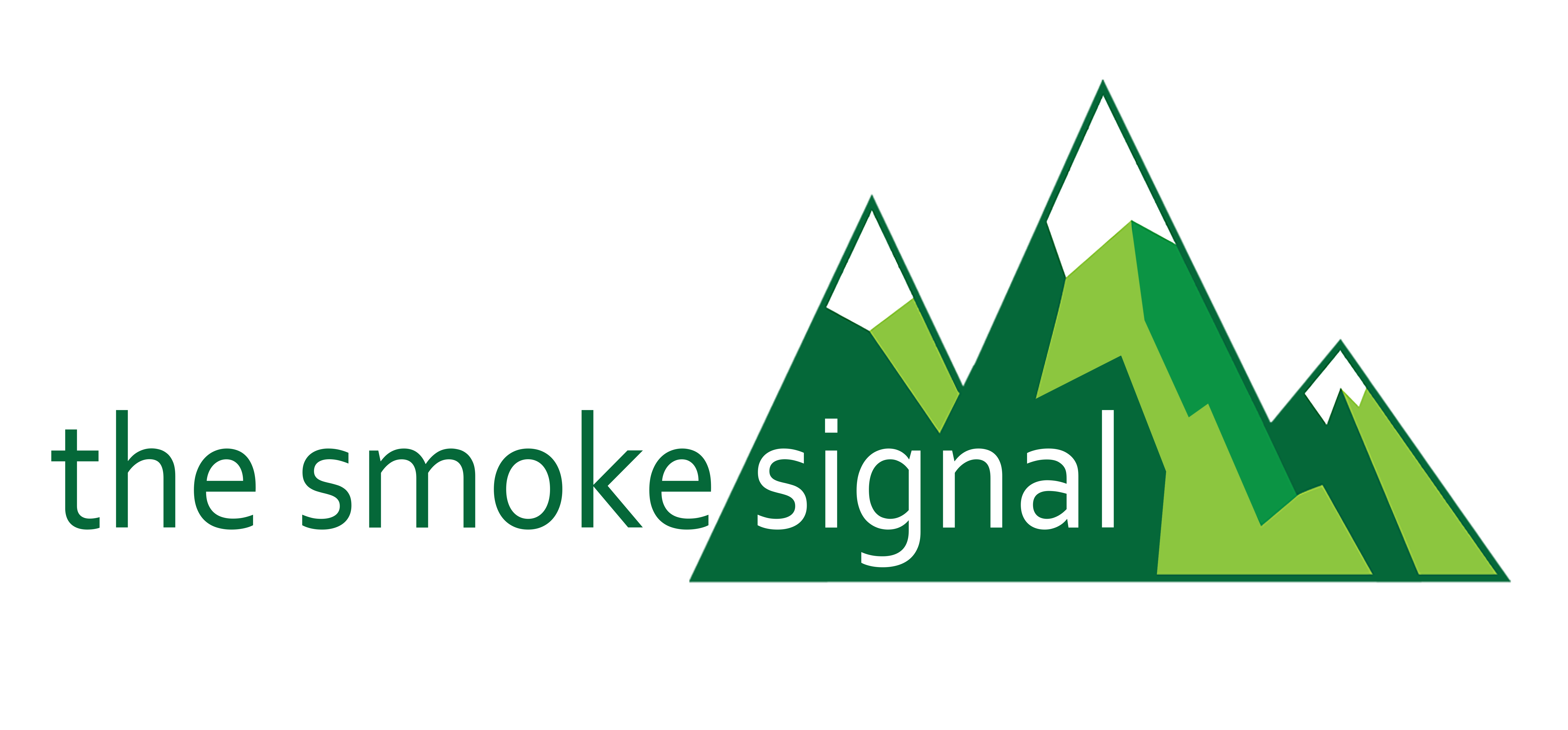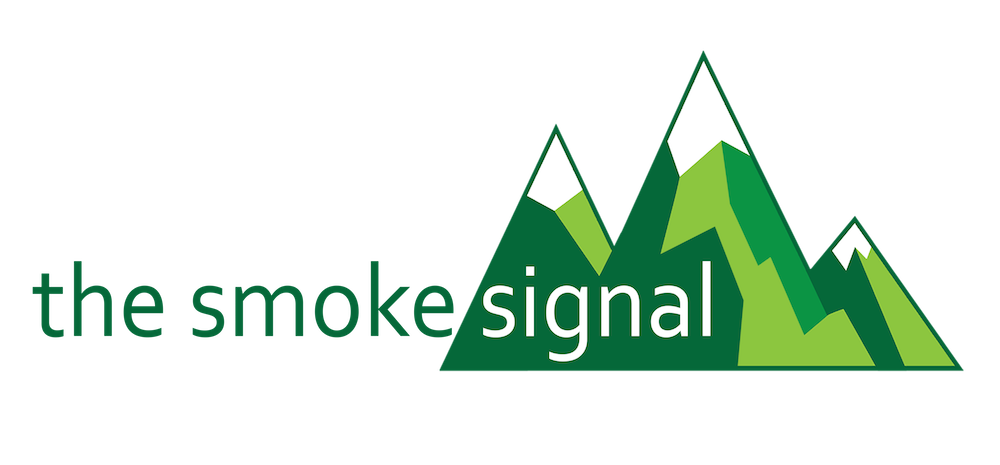
In late September 2010, a hearing was held in front of the Senate Judiciary Committee to discuss the proposal of a new law called “The Combating Online Infringement and Counterfeits Act” (COICA). COICA is an Internet censorship bill aimed at copyright infringement which could potentially snowball and result in the removal of other forms of free speech. If left unhindered, we, like the citizens of Iran and China, may find that we will be unable to access certain web pages. Fortunately, the Judiciary Committee has postponed the bill’s expected passage until after the November election.
If passed, the bill will create two blacklists of censored domains. The first blocks any websites that the US Department of Justice deems as “dedicated to infringing activity,” such as common peer-to-peer (P2P) sites like Demonoid, PirateBay, Rapidshare, and Mediafire. The US Attorney General has the authority to request that certain websites be put on the second blacklist. Internet Service Providers (ISPs) and registrars are required by law to censor the domains on the first list and encouraged to block any domains mentioned on the second.
The use of the blacklists is defined very broadly. Any domain where copyright infringement is “central to the activity of the Internet site” could potentially be blocked.
Take, for example, the issue of copyrighted material on YouTube. Powerful copyright holders such as Viacom have caused much discontent among the YouTube community through its seemingly ubiquitous monitoring of copyrighted material. Viacom claims that YouTube is often used for the dissemination of copyrighted material and brought its concerns to court. YouTube only won the case because it adheres to current law that requires it to take down any copyrighted material when informed about it. However, if the bill is allowed to pass, Viacom would not even need to take YouTube to court to get it shut down. As long as it can convince the Department of Justice that YouTube is being used for infringing purposes, the whole website can face the risk of being shut down.
This is only one of many unfavorable instances of censorship that could happen if COICA is allowed to pass. Sure, politicians claim that the bill is limited only to copyright infringement websites, but with such broad definitions and little clarification, there is a frightening possibility that the COICA may be used for purposes that violate US citizens’ right to free speech.







